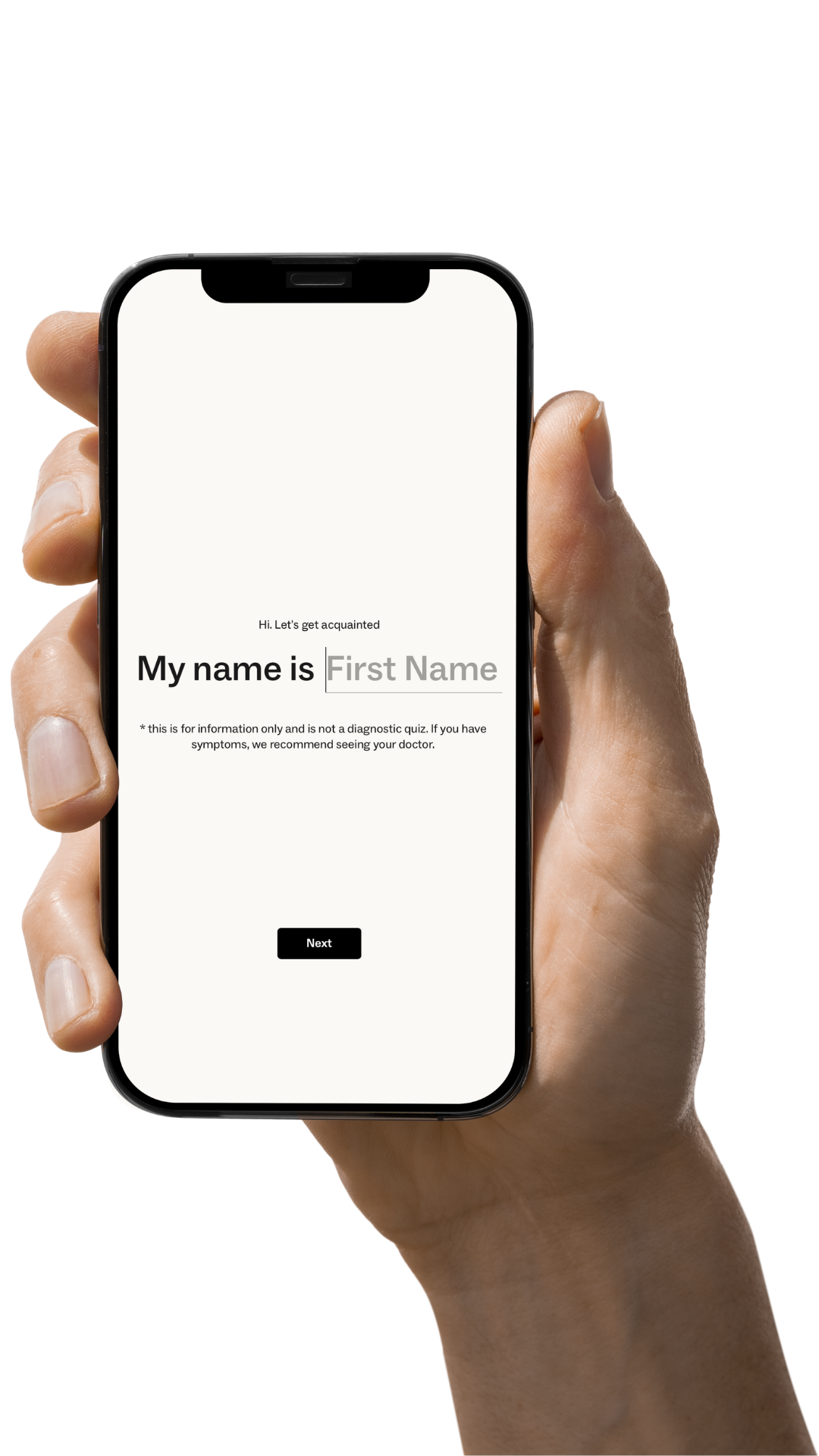I founded what is now Australia’s biggest gut health supplement and testing company My Way Up®. Why? I caught every gut health disease in the book, then learned how to fix them.
These are the tools that helped me rebuild my gut health, that are now helping 10’s of thousands of Aussies do the same (and that I’m pretty sure will help you).

Bloating, IBS, IBD, appendicitis, autoimmune skin and gum disease, food sensitivity, lactose intolerance.
This isn’t a list of every gut issue. This is a list of mine alone.
There are 3 simple ideas that turned my health around.
But here’s a warning: these ideas will not resonate with you if you find this in the early stages of your healing journey.
You will continue to believe that there’s a trick — there’s a magic diet, or a workout routine, or a supplement that will fix it all.
There’s not, and your gut and your health will continue to get worse. You’ll struggle against it, some people will give up. Some people will continue the struggle.
For many of you, these simple ideas will only resonate with you when you’re at a point of utter despair.
Supporting your body, healing your body, and calming your body down will seem too simple — “it’s a trick!” you’ll shout.
But it isn’t, and here’s how I healed my gut.
1. SUPPORT YOUR BODY WITH ENERGY

The reason you are alive is because you use energy. If you aren’t functioning the way you’d like to, the simple idea is that your body needs to use more energy, more effectively.
“But Steve! I’m already overweight, pre-diabetic, don’t have enough muscle mass, and can’t digest my food well!”
Yes. You’re certainly up against it. But what’s the alternative here? Starve yourself?
You tried that, remember? How did it go for you…long term?
“Diets” don’t work. What works is to take personal responsibility for your body, and how it functions.
The gut requires a lot of energy to function properly. When your body is stressed, your gut function down shifts — it slows down, it produces less digestive enzymes, it cleans itself less regularly, and it moves food through your bowels more slowly.
Stress occurs by all kinds of means. Stress can be emotional, or physical — both types have consequences for the gut.
Traumas like food poisoning, extended low calorie dieting, alcohol, drugs, or toxins and additives in food, as well as a death in the family, a breakup, a bout of depression or anxiety can all wreak havoc on gut function.
This creates a laundry list of issues, and it’s how many people’s gut downward spiral begins.
Supporting your body with energy literally means:
- Eating enough energy so that you feel calm, and warm
- Eating regularly enough so that you feel calm, and warm
- Eating enough protein, carbs, and fats so that your blood sugar remains balanced, and you feel calm, and warm
- Eating enough vitamins and minerals
I realise that these aren’t precise prescriptions. They can’t be precise, because you’re all active or inactive, tall or short, big or small.
These words need to spark a deep desire within you to take the next step on your gut health journey. Luckily, it’s written below.
2. HEAL YOUR BODY

Before I got into “healing,” I thought “healers” were all crackpots, and full of it.
Whilst I still believe I was mostly right, I wasn’t 100% right.
Realising that I needed to heal my body was what finally got me to take my healing journey seriously. Before then, it was all “oh, I can just take a couple of supplements — I’m not really sick.”
But I was. And eventually, my body really let me have it.
Specifically for the gut, there are 5 healing proteins that stand out;
- collagen
- gelatin
- bone broth
- l-glutamine
- colostrum
Collagen, gelatin, and bone broth are all very similar. These are proteins we should have in our diet anyway, but now, we don’t tend to. These should form the basis of your protein intake during your healing journey, combined with other more typical, well-sourced forms of protein like steak, fish, chicken, or natto and tofu if you’re trying to include more plant-based foods. There’s good research on taking 20–40g per day in the beginning of your healing journey, then backing off to 20g per day.
L-glutamine is an amino acid: a protein building block. Studies on l-glutamine are very complimentary for helping the gut barrier, and the gut microbiome. Take 20g per day for 2 weeks, then drop down to 5 to 10 grams per day.
Colostrum is higher cost, and is the one I’d cross off the list if you’re on a budget. However it certainly has excellent gut healing benefits, and 5g per day for 3 months is a great way to get your healing journey off to a flyer.
3. CALM YOUR BODY AND MIND DOWN
Calming down seems easy, doesn’t it? It’s not. For many of you, this will be the hardest one.
Calming down can mean doing things like:
- changing your working environment
- changing your relationship environment
- working less
- sleeping more
- getting into nature more
- meditating/breath work
Ultimately, I had to leave my job, meditate and practice deep breathing, and plan daily nature walks before I felt like my emotional and physical state was under control.
That was the most difficult thing for me — I’m a high acheiver. I’ve been told, and told myself I need to work, work, work.
Getting enough energy, vitamins, minerals, healing proteins, balancing the blood sugar, and obviously cutting out junk food and booze helps tremendously.
But you won’t truly heal until you’re in control of your internal and external environments — and you can’t pay your way out of that. You have to do the work.
Step 1 is spending a few minutes per day getting in touch with your breath, and going for a walk. These are the 2 easiest levers to pull, and they are free.
The next step?
Take the free gut health plan builder below. Based on your symptoms, we’ll recommend a plan for you to help you start.






